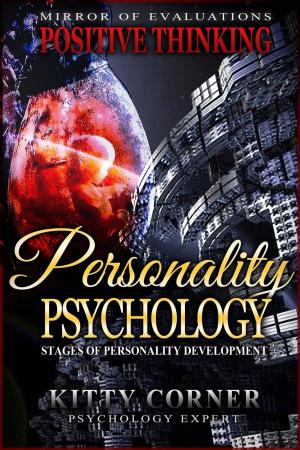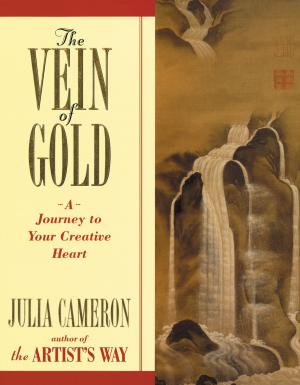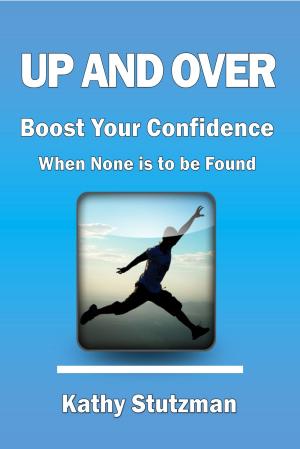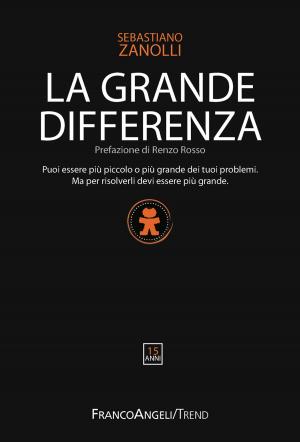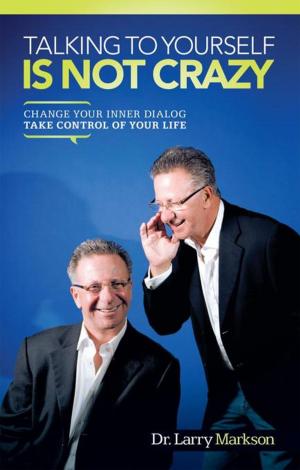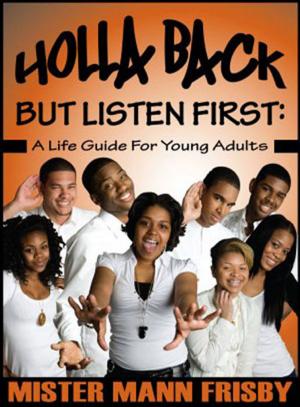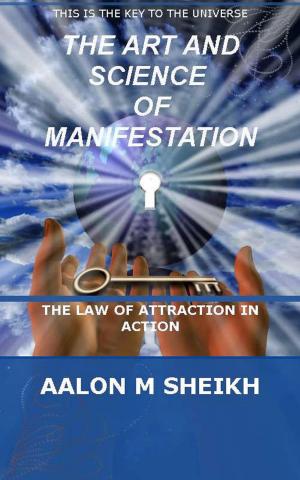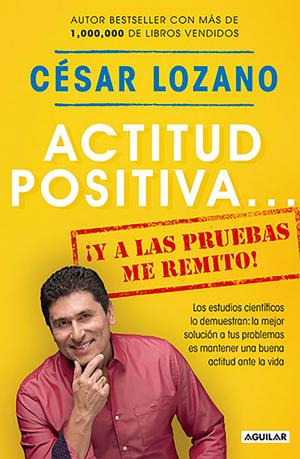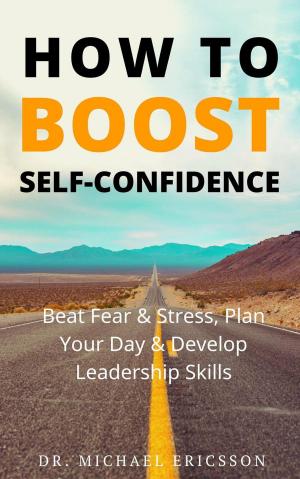Jungian 16 Types Personality Test: Find Your 4 Letter Archetype to Guide Your Work, Relationships, & Success
Business & Finance, Career Planning & Job Hunting, Job Hunting, Nonfiction, Health & Well Being, Self Help, Self Improvement, Self-Esteem| Author: | Richard N. Stephenson | ISBN: | 9781301187447 |
| Publisher: | Richard N. Stephenson | Publication: | October 10, 2012 |
| Imprint: | Smashwords Edition | Language: | English |
| Author: | Richard N. Stephenson |
| ISBN: | 9781301187447 |
| Publisher: | Richard N. Stephenson |
| Publication: | October 10, 2012 |
| Imprint: | Smashwords Edition |
| Language: | English |
Find Your 4 Letter Jungian Personality Type
Gain Useful Personal Development Tools Today
Are you tired of simplistic personality tools that only give vague hints on how to grow?
Do you get frustrated by heated discussions with your partner or coworkers?
Are you feeling stuck in your job, not knowing where to go next?
Do you wish you had more confidence and direction in your life?
Do you fumble over talking with coworkers, strangers, or in public speaking?
Knowledge You Gain with this Test:
* Enables your personal development, giving you tools to grow
* Increases relationship, marriage, and team understanding
* Improves your career and future development
* Gives a lasting impact on your self-confidence & direction
* Gives you the tools to boost your communication skills
How Will this Jungian Psychology Assessment Help?
The Jungian 16 Types Personality Test is made to figure out how you look at the world and make decisions. Inside, you'll find your 4 letter Jungian type and will be able to start making a difference today with practical, useful, and simple tips.
All 16 types are covered in detail:
* ISTJ (Inspector)
* ISFJ (Protector)
* INFJ (Counselor)
* INTJ (Mastermind)
* ISTP (Crafter)
* ISFP (Composer)
* INFP (Healer)
* INTP (Architect)
* ESTP (Promoter)
* ESFP (Performer)
* ENFP (Champion)
* ENTP (Inventor)
* ESTJ (Supervisor)
* ESFJ (Provider)
* ENFJ (Teacher)
* ENTJ (Fieldmarshal)
Even if you've taken Jungian archetypes type tests before, the detailed information inside isn't found anywhere else. You get the test and practical help here.
Brief History of the Jungian 16 Types Assessment
There are other very well-known type tests out there that used the research of Katharine Cook Briggs and her daughter Isabel Briggs Myers to achieve great results. Those assessments devised their theories from Carl Jung's work in his book Psychological Types (1921). A fine combination of great research, testing, and theorizing to create great tools.
Find Your 4 Letter Jungian Personality Type
Gain Useful Personal Development Tools Today
Are you tired of simplistic personality tools that only give vague hints on how to grow?
Do you get frustrated by heated discussions with your partner or coworkers?
Are you feeling stuck in your job, not knowing where to go next?
Do you wish you had more confidence and direction in your life?
Do you fumble over talking with coworkers, strangers, or in public speaking?
Knowledge You Gain with this Test:
* Enables your personal development, giving you tools to grow
* Increases relationship, marriage, and team understanding
* Improves your career and future development
* Gives a lasting impact on your self-confidence & direction
* Gives you the tools to boost your communication skills
How Will this Jungian Psychology Assessment Help?
The Jungian 16 Types Personality Test is made to figure out how you look at the world and make decisions. Inside, you'll find your 4 letter Jungian type and will be able to start making a difference today with practical, useful, and simple tips.
All 16 types are covered in detail:
* ISTJ (Inspector)
* ISFJ (Protector)
* INFJ (Counselor)
* INTJ (Mastermind)
* ISTP (Crafter)
* ISFP (Composer)
* INFP (Healer)
* INTP (Architect)
* ESTP (Promoter)
* ESFP (Performer)
* ENFP (Champion)
* ENTP (Inventor)
* ESTJ (Supervisor)
* ESFJ (Provider)
* ENFJ (Teacher)
* ENTJ (Fieldmarshal)
Even if you've taken Jungian archetypes type tests before, the detailed information inside isn't found anywhere else. You get the test and practical help here.
Brief History of the Jungian 16 Types Assessment
There are other very well-known type tests out there that used the research of Katharine Cook Briggs and her daughter Isabel Briggs Myers to achieve great results. Those assessments devised their theories from Carl Jung's work in his book Psychological Types (1921). A fine combination of great research, testing, and theorizing to create great tools.

